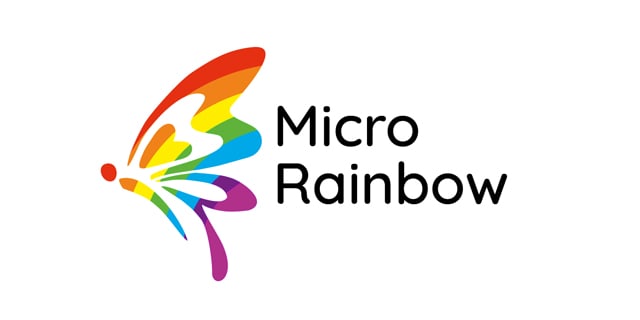The process of applying for asylum as an LGBTQI person can be very daunting. Not only are you in a new country, surrounded by new norms, new people, and new experiences, but you may also be struggling to communicate in a new language.
Theoretically, an asylum seeker’s ability to speak English should not affect their ability to file their asylum claim. The Home Office has an obligation to provide an interpreter during both the screening and substantive interviews, and asylum seekers often utilise this interpreting service. However, for LGBTQI asylum seekers, speaking through an interpreter can be fraught with fear and misunderstanding.
Micro Rainbow has seen first-hand many of the ways that unprofessional interpreting can affect the claims of LGBTQI asylum seekers. This can be in the form of mistranslation of terms involving sexuality and relationships. For example, downplaying client’s serious same-sex relationships, or being inaccurate in translation of client’s self-identified sexuality. Understandably, this can cause some clients to avoid seeking interpreters, fearing their stories will not be taken seriously, or worse, will be misrepresented.
Because their experiences as LGBTQI people are often relevant to their asylum claim, it is extremely important that LGBTQI asylum seekers feel comfortable describing their claims through an interpreter.
6 tips for interpreters who find themselves working with LGBTQI people
- Before translating, be sure to explain to the person that you are not there to judge them and that you will keep confidential anything that you learn about them during the interview.
- Read this guide to learn about the appropriate terms to use concerning LGBTQI identities (as well as which derogatory terms to avoid) for English, French, Turkish, Farsi, and Arabic.
- If in doubt about how someone identifies, and if the information is relevant for the purpose of the translation, ask them. Use the terms and pronouns that are used by the person him/her/themselves.
- Do not make assumptions about the sexuality or gender identity of the person with whom you are speaking.
- Do not label a person unless they label themselves.
- Maintain a neutral tone of voice when discussing sexuality, gender identity or intersex status.
LGBTQI people seeking asylum in the UK deserve to be treated with respect while applying for refugee status. As a result, they must have their stories told accurately and their voices heard clearly. With your help, we can ensure that LGBTQI asylum seekers are treated with the dignity that every asylum seeker deserves.
How to help
If you speak another language, consider becoming a paid interpreter with Clear Voice Interpreting Services, a social enterprise which donates all its profits to the charity, Migrant Help. For more information or an introduction to Clear Voice you can contact the Micro Rainbow Moving On Team.
If you speak Arabic, Urdu, Bengali, or Kurdish, and would like to volunteer as an interpreter for LGBTQI asylum seekers, contact Micro Rainbow. If you would like to help LGBTQI asylum seekers in other ways, contact Micro Rainbow about volunteer opportunities.







